Brazil’s central bank has unveiled new regulations that will classify any crypto transaction involving fiat currency as a foreign-exchange operation. This move is yet another country’s effort to tighten oversight of digital assets.
The framework extends the country’s existing anti-money-laundering and counter-terrorism financing obligations to virtual-asset service providers (VASPs) and introduces authorization, transparency, and governance requirements similar to those imposed on traditional financial institutions.
Digital assets meet tradfi in London at the FMLS25.
The new rules are set to take effect in February 2026. They will apply to purchases, sales and exchanges of virtual assets pegged to fiat money, as well as to international payments and transfers made via cryptocurrencies.
“New rules will reduce the scope for scams, fraud, and the use of virtual asset markets for money laundering,” said Gilneu Vivan, the central bank’s director of regulation.
You may also like: XTB Halts New Accounts in Brazil After Ending Local Partnership
Expanding Oversight of Brazil’s Crypto Sector
Brazil, Latin America’s largest economy, first approved a legal framework for digital assets in 2022 under Law 14.478/2022 (BVAL), but the law’s implementation depended on complementary regulation from the central bank.
Since then, crypto adoption has accelerated, leading regulators to hold four rounds of public consultations. Officials have voiced concerns about the increasing use of stablecoins — digital tokens pegged to assets like the U.S. dollar — often linked to payment flows outside the formal financial system.
Currently, cryptocurrencies are in grey zone as they are neither prohibited nor recognized as official payment instruments. Platforms do not yet require a specific license, though they must comply with financial-sector standards, including local registration, minimum capital, AML/CFT policies, and internal audits.
Industry Landscape and Next Steps
The Brazilian market features both domestic exchanges such as Mercado Bitcoin, Foxbit, and NovaDAX and global players like Binance and Bitso. Most offer direct trading in Brazilian reais (BRL) and engage in tokenization of real-world assets through initiatives like MB Digital Assets.
The new Brazilian crypto rules come amid heightened regulatory scrutiny following fraud cases such as Operation Lusocoin, which exposed a $540 million crypto-broker scheme. Authorities are also considering caps on international transfers — reportedly $10,000 per transaction — to curb illicit cross-border flows.
A formal licensing regime for Digital Asset Service Providers (DASPs) is expected in early 2026. Companies will be required to strengthen compliance, cybersecurity, and customer protection standards to continue operations.
Observers say the new classification of crypto-fiat trades as foreign-exchange activity will anchor Brazil’s crypto oversight within its established financial framework, paving the way for closer integration between digital-asset markets and the country’s banking system.
This article was written by Finance Magnates Staff at www.financemagnates.com.
You can get bonuses upto $100 FREE BONUS when you:
💰 Install these recommended apps:
💲 SocialGood - 100% Crypto Back on Everyday Shopping
💲 xPortal - The DeFi For The Next Billion
💲 CryptoTab Browser - Lightweight, fast, and ready to mine!
💰 Register on these recommended exchanges:
🟡 Binance🟡 Bitfinex🟡 Bitmart🟡 Bittrex🟡 Bitget
🟡 CoinEx🟡 Crypto.com🟡 Gate.io🟡 Huobi🟡 Kucoin.


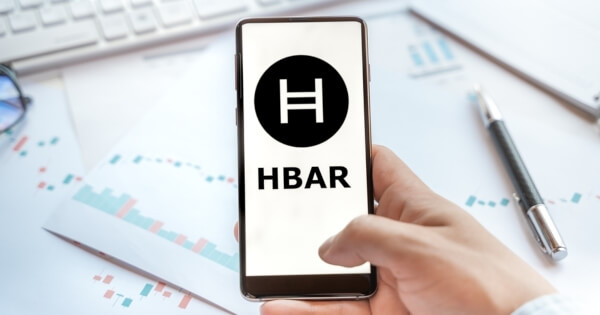




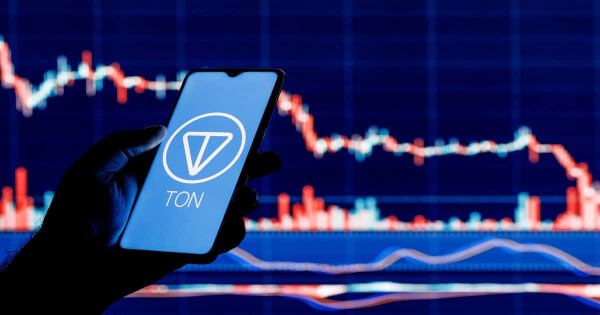
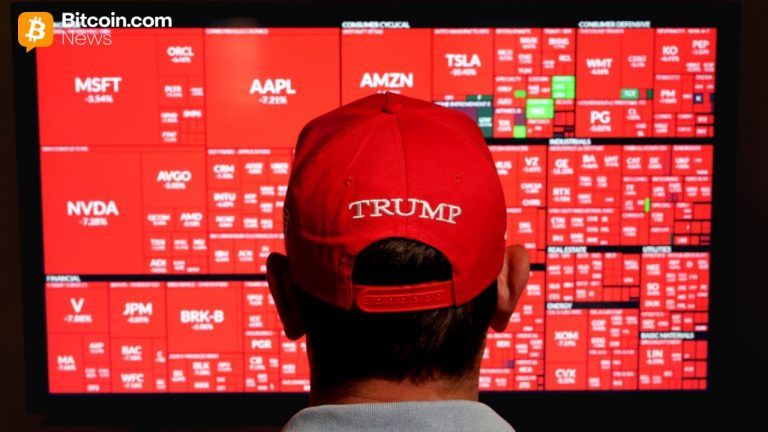






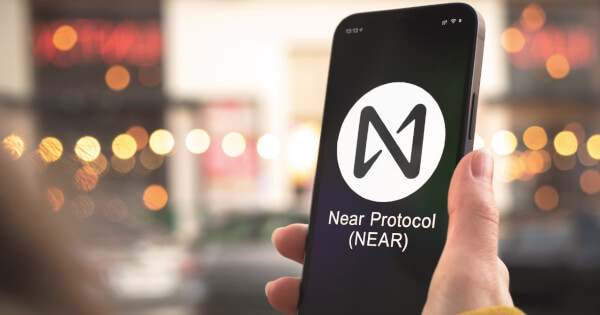
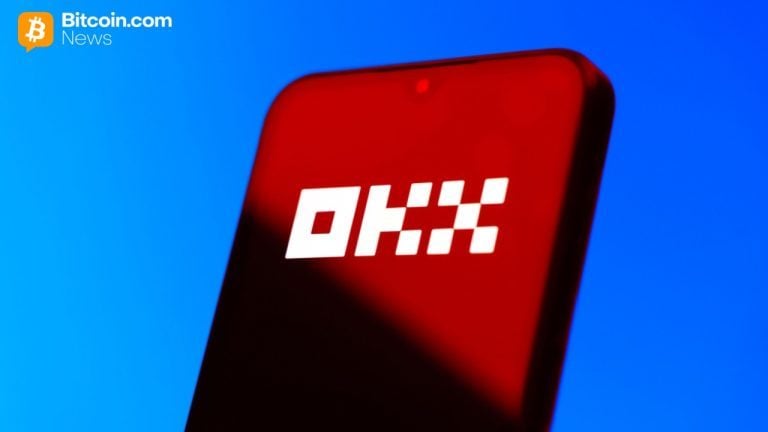
Comments